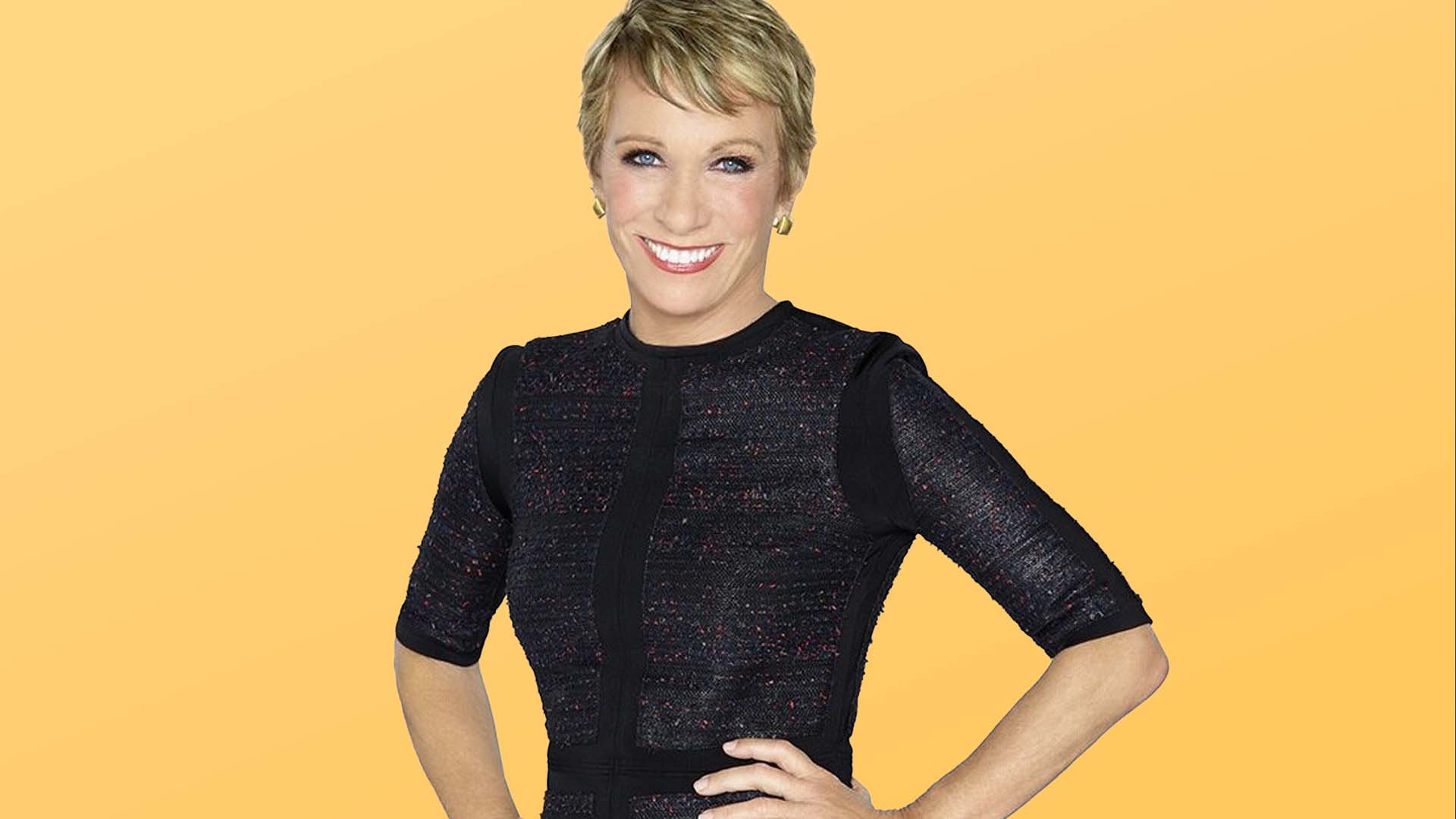Could Bitcoin Investing Ever Win Over Dave Ramsey?

Commitment to Our Readers
GOBankingRates' editorial team is committed to bringing you unbiased reviews and information. We use data-driven methodologies to evaluate financial products and services - our reviews and ratings are not influenced by advertisers. You can read more about our editorial guidelines and our products and services review methodology.

20 Years
Helping You Live Richer

Reviewed
by Experts

Trusted by
Millions of Readers
Money expert Dave Ramsey has built a financial advice empire by focusing on basics such as getting out of debt, investing in tax-advantaged retirement accounts, and maintaining a long-term perspective. What he has never shown much enthusiasm for are get-rich-quick schemes and trendy investments without a long track record — including Bitcoin and other digital currencies.
Buying and selling crypto has often been divisive among financial advisors, many of whom disagree as to whether it’s a good investment in large part due to its extreme price volatility. If you wonder what it would take for Ramsey to see Bitcoin as a legitimate investment, you might spend a long time waiting for an answer.
Dave Ramsey Is No Fan of Bitcoin
Ramsey’s criticism of Bitcoin goes back more than a decade. In 2014, he referred to the crypto as “wacko” and “a really good way to turn a million dollars into nothing,” in reporting by The Street. As recently as last year, he compared crypto investing to gambling. This is not necessarily an unfair comparison when considering the decentralized nature of the Bitcoin network and the risks inherent in such a financial system.
But that kind of flak hasn’t stopped Bitcoin from soaring to new highs. Earlier this month, Bitcoin’s price broke the $120,000 barrier. Less than a year ago, you could buy it for less than $54,000.
Despite Bitcoin’s ongoing price surge, Ramsey is still no fan of the asset — even though some of his podcast followers suggest that he’s not as critical as he used to be. He addressed that topic in a YouTube video titled, “Is Dave Ramsey Finally Softening His Stance On Crypto?”
‘Don’t Call It an Investment’
In the video, Ramsey laid out one of his main problems with Bitcoin — that it should be viewed as a “currency” instead of an “investment.” And Ramsey does not like putting money into currencies, as that’s not his type of digital ledger.
“There is no currency, regardless of how legitimate, that is a valid investment,” he said on the podcast. “You should not buy the Chinese yuan as an investment because your golfing buddy said it was a good idea. You should not buy the U.S. dollar or the euro and speculate on currency values. That’s what Bitcoin is… But don’t call it an investment.”
Another problem Ramsey has with Bitcoin is its volatility. This year alone, its price has swung from a low of less than $75,000 to a high above $124,000. “Chart the volatility of Bitcoin and then smile at me with a serious face and tell me this is a solid investment. Because it’s not,” Ramsey said.
At the same time, he conceded that Bitcoin is “here to stay,” and that it can be a “legitimate form of transferring goods and services.” That doesn’t mean Ramsey views it as a legitimate investment.
“It’s not an investment for sure, and it’s not a stable currency for sure,” he said. “So, you know, no, I haven’t got soft on it at all.”
What Do Other Experts Say?
Ramsey has plenty of company when it comes to his warnings around the risks of investing in Bitcoin.
In a December 2024 blog, Charles Schwab acknowledged Bitcoin’s rise as a currency. But it also cited numerous risks of directly investing in Bitcoin and other cryptos — including their volatility and a heightened risk of fraud, cybercrime and theft.
More recently, Fidelity laid out both “bull” and “bear” arguments for Bitcoin. On the downside, it said Bitcoin might be “more susceptible to market manipulation” than securities. Bitcoin is also not insured by the Federal Deposit Insurance Corporation (FDIC) or the Securities Investor Protection Corporation, meaning you should “only buy crypto with an amount you’re willing to lose.”
Caitlyn Moorhead contributed to the reporting for this article.
 Written by
Written by  Edited by
Edited by 











































































































